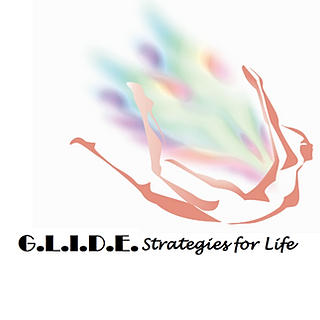Emotionally Focused Couples Therapy: A Unique Approach to Strengthening Relationships
- Stephanie V. Straeter
- May 5, 2024
- 3 min read
Updated: May 7, 2024
Emotionally Focused Couples Therapy (EFCT) is a distinct approach to couples therapy that has gained recognition for its effectiveness in helping couples build stronger, more secure relationships. Unlike traditional couples therapy, which often focuses on teaching communication skills or problem-solving techniques, EFCT delves deeper into the emotional bonds between partners.
At its core, EFCT is based on attachment theory, which emphasizes the importance of emotional connection and security in intimate relationships. The goal of EFCT is to help couples recognize and change negative patterns of interaction that contribute to distress and disconnect in their relationship.
Here are some key ways in which EFCT differs from regular couples therapy:
Focus on emotions: EFCT prioritizes emotional experiences and needs rather than just behaviors or thoughts. Therapists help couples access and express their deeper feelings and longings in order to create new, positive cycles of interaction and experience different sides of their partner.
Attachment-based: EFCT views relationship distress through the lens of attachment insecurities and fears. By identifying each partner's attachment style and needs, couples can develop greater empathy and responsiveness to one another.
Experiential techniques: EFCT uses experiential interventions, such as guided imagery and role-playing, to help couples access and process their emotions in the moment. This allows for powerful shifts in perception and behavior.
Structured approach: EFCT follows a clear, three-stage model of change that moves couples from de-escalation of negative cycles to restructuring their bond to consolidation of gains. This structured approach provides a roadmap for both therapists and couples.
Empirically validated: EFCT is one of the most well-researched couples therapy models, with numerous studies demonstrating its effectiveness in improving relationship satisfaction and attachment security.

Here's an example of how an EFCT therapist might facilitate a corrective emotional experience (vehicle of change in EFCT) in a couple's session:
Therapist: [to Partner A] Can you tell your partner what happens for you when she withdraws and goes silent during an argument?
Partner A: [tearfully] I feel so alone and abandoned. It's like I'm not important enough for you to stay and fight for our relationship.
Therapist: [to Partner B] Can you share what's happening for you as you hear your partner express this pain?
Partner B: [sighing] I hate seeing him hurt like this. I just feel so overwhelmed and afraid of saying the wrong thing, so I shut down.
Therapist: [to Partner B] Can you tell him directly, "I shut down because I'm scared, not because I don't care"?
Partner B: [turning to Partner A] When I go silent, it's not because you're not important to me. I shut down because I'm so afraid of messing things up even more. But I'm realizing now how much that hurts you.
Partner A: [softening] I had no idea you were feeling so scared too. I thought you were just fed up with me.
In this exchange, the therapist helps the couple access and express their deeper attachment-related emotions (abandonment, fear) that underlie their negative cycle of pursuing and withdrawing. By facilitating this direct, vulnerable communication, the therapist helps the couple have a new, corrective experience of understanding and empathy that begins to shift their pattern.
Moments like these are at the heart of what makes EFCT so powerful. By creating a safe space for couples to explore and share their deepest feelings and needs, EFCT therapists help them forge a more secure, loving bond.
While regular couples therapy can certainly be helpful, EFCT offers a unique, depth-oriented approach that targets the root of relationship distress. By fostering a secure emotional bond and promoting responsive, attuned interactions, EFCT helps couples create lasting, positive change in their relationship.
















































Comments